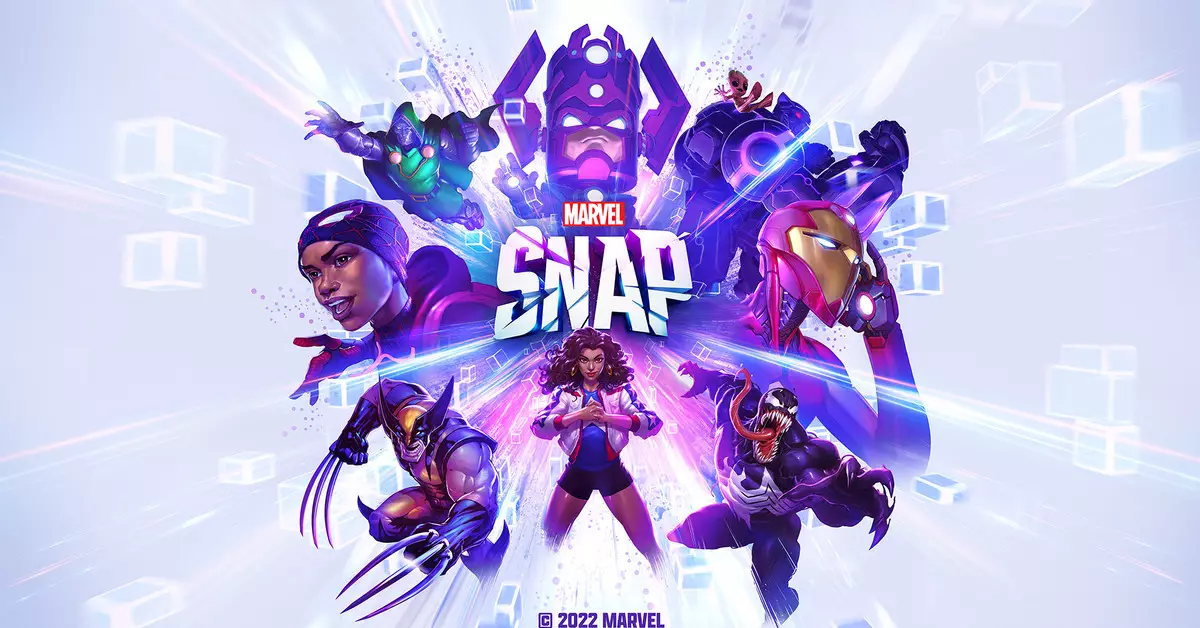Marvel Snap, the mobile card game that has captivated players since its release, is making a comeback to app stores, particularly on Google Play. Announced by developer Second Dinner, this restoration process commenced at 6 PM PT / 3 PM ET, signaling a renewed enthusiasm among gaming aficionados. The game’s return is not merely a simple reinstatement but a significant recovery from a tumultuous disruption marked by an unexpected TikTok-related outage last weekend. Nuverse, Marvel Snap’s original publisher — owned by the controversial ByteDance, the parent company of TikTok — was intricately woven into the outage saga.
In a bid for greater autonomy, Second Dinner aims to reclaim control over Marvel Snap’s operations. The company envisions an ecosystem where it can operate independently, which has led to plans for “bringing more services in-house” and collaborating with a new, potentially more reliable publisher. This strategic pivot is crucial not just for the game’s stability but also serves as an illustration of the ongoing challenges mobile gaming companies face in an environment fraught with regulatory uncertainties and public relations crises.
Understanding the impact of the outage on player experience, Marvel Snap has proactively introduced compensation packages for its users affected by the downtime. As conveyed through announcements in the official Discord server, players who had registered accounts in the U.S., or demonstrated U.S. activity within the 30 days preceding the disruption, are eligible for in-game rewards such as credits, tokens, and exclusive variants. This gesture not only serves to appease disgruntled fans but also highlights the importance of community engagement in today’s gaming landscape. Meanwhile, players outside the U.S. will receive a “Global Gratitude Package,” a nod to inclusivity, albeit with slightly diminished benefits.
Despite the resolution for Marvel Snap, the larger context of mobile gaming remains uncertain, especially regarding other apps like CapCut and Lemon8, which have also experienced significant outages. Unlike Marvel Snap, these apps remain absent from both iOS and Android app stores, hinting at potentially more severe ramifications for their parent company involved in ongoing legal disputes. Following President Donald Trump’s directive to the U.S. Attorney General concerning a non-enforced TikTok ban, questions arise around the legal protection for platforms hosting these applications. While the legal landscape is murky, it illustrates the volatile intersection of technology, entertainment, and regulatory frameworks.
As Marvel Snap navigates this complex environment and readies itself for a broader re-entry into the market, the company’s efforts present an intriguing case study surrounding resilience in the mobile gaming sector. Players’ reactions, the efficacy of compensation strategies, and the ability to maintain community engagement during crises will all serve as pivotal indicators of Marvel Snap’s fate. The evolving dynamics between developers, publishers, and players in response to external pressures will be worth monitoring in the coming weeks as the gaming industry continues to adapt and redefine itself in this rapidly changing landscape.

